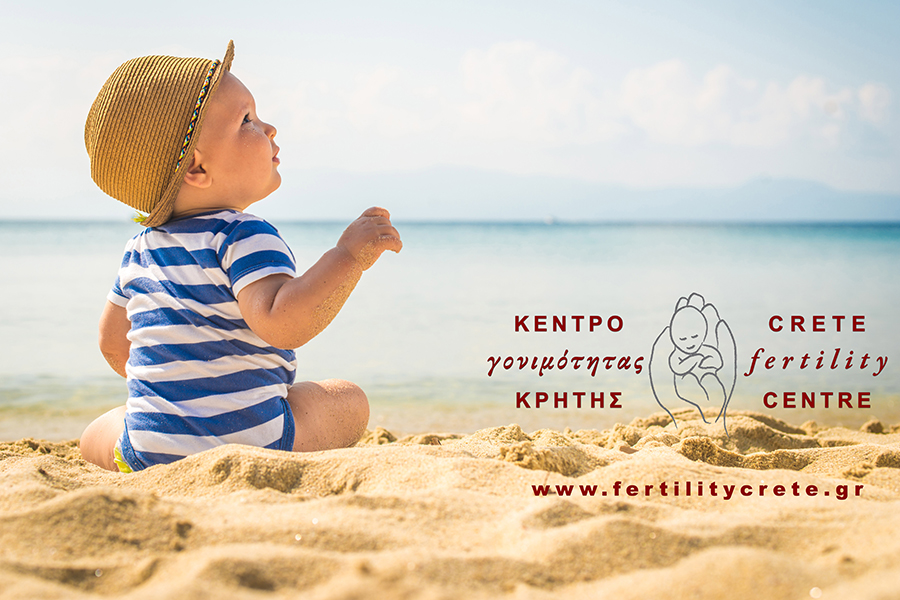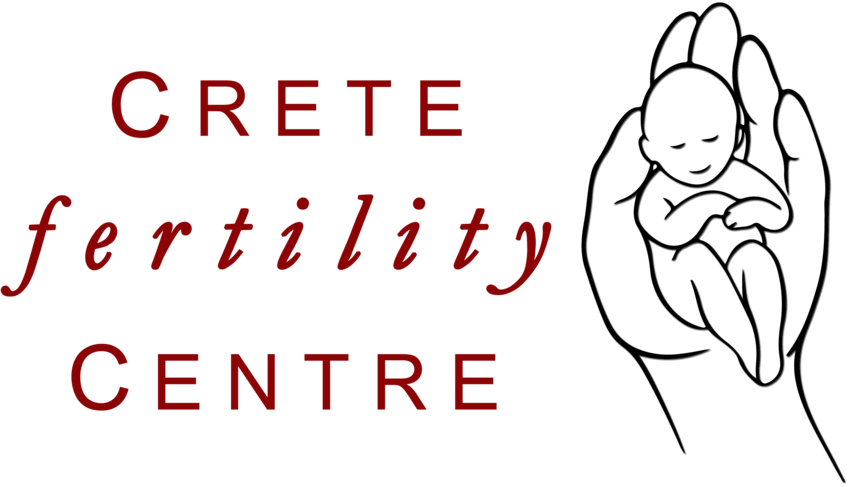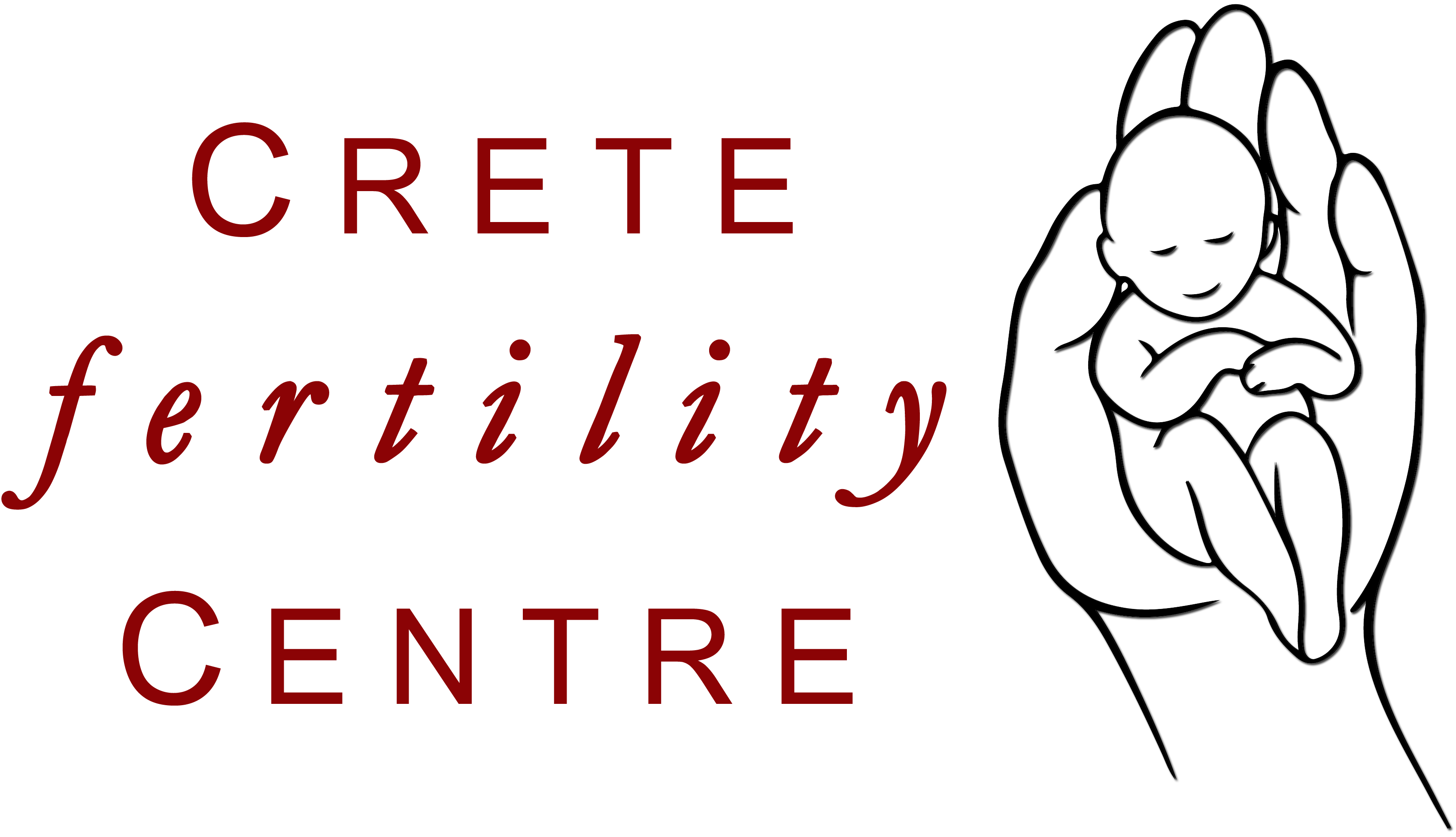New IVF techniques raise hope for infertile couples

New developments in the field of in-vitro fertilisation (IVF) give more hope for couples with infertility issues, according to a reproductive health and IVF expert in the last three decades.
With “thousands of babies born through IVF procedures every year,” accumulated global value is projected to hit $27 billion by 2020 with those in the UAE estimated at $1.5 billion.
“IVF is developing and changing through the years and that is very important. When I was starting, the rate of success was only between 15 and 30 per cent. Today, it is reaching over 60 per cent,” said Bourn Hall International Group medical directorn Dr David Robertson on Monday.
Robertson had affirmed The Gulf Today story published on Monday indicating that male infertility, at 50 per cent of observed cases, has become a growing concern in the region: “Male infertility in the region is very common. Men have been found either not to produce sperm or if ever they do, it is of poor quality.”
In his presentation of the new IVF techniques, Robertson said: “One in five couples in the UAE (is suffering from infertility issues).”
It was on Monday when the Bourn Hall Fertility Centre in Satwa, Dubai took the press to a “Journey in IVF” as management and staff celebrated the 39th birthday of Louise Brown, the World’s First IVF Baby,” born at Bourn Hall in the UK on July 25, 1978.
The youngest guests were IVF fraternal twins Phoebe and George Fisher, born “a little over nine months back in Dubai” to Brian and Martha Fisher, among the many patients of Robertson.
“Louise is the 100th embryo transferred by (our Bourn Hall pioneers Nobel Prize for Medicine in 2010) Dr Robert Edwards and (the late) Dr Patrick Steptoe (to Lesley Brown who underwent the procedure),” Robertson said, when he led a guided tour of the fertility centre for the press. Robertson was starting his career in Obstetrics-Gynaecology when Brown was born. The guided tour included a drop at the laboratory “where the magic is done” according to Robertson.
Dr Brendan Ball, Embrology Department head of the fertility centre, said: “It is important that the laboratory is of top quality, because it is here where the (harvested) eggs and sperms are taken care of very well; where the air is extremely regulated and the environment very stable at 37 degrees Centigrade in order to avoid the contamination (of the specimens).”
“We are avoiding chromosomal imbalance,” the experienced Intracytoplasmic Sperm Injection and Embryo Biopsy practitioner added.
On the sidelines, Ball, Robertson and Bourn Hall International Group chief executive officer Hoda Abou Jamra told The Gulf Today that through novel and developing technology, gender selection has also been achieved.
They said the UAE is among “the few countries in the world that legally allows gender selection.”
Ball said: “Fifteen to 20 per cent of our patients, both Emiratis and expatriates, go for gender selection. It is legally permitted in the UAE. It is also allowed in Cyprus while it is prohibited in the EU (European Union).”
Jamra said the other term for gender selection through IVF is “family balancing.”
Robertson said gender selection allows couples to choose whether their baby is a boy or a girl especially so when “let us say there are already nine girls in the family.”
Commenting on the new technology, Robertson said: “There are treatments such as in-vitro maturation, where immature eggs are harvested with minimal medication and matured in the laboratory, reducing or putting an end to the need for hormone injections.
“Similarly, there are prospects of freezing ovarian tissue prior to fertility declining, which could be then be transplanted back into a woman’s body to resolve normal ovarian function.
“Moreover, pilot studies have been conducted to ‘re-energise the battery’ of aging egg cells in older women which could potentially lead them to successful pregnancies.”
Source: The Gulf today





